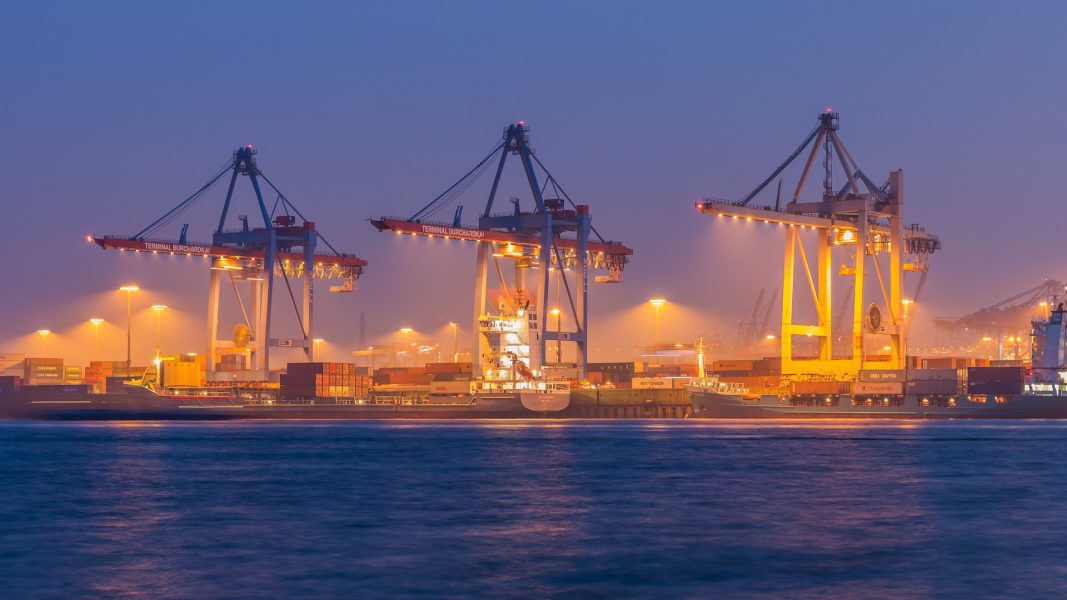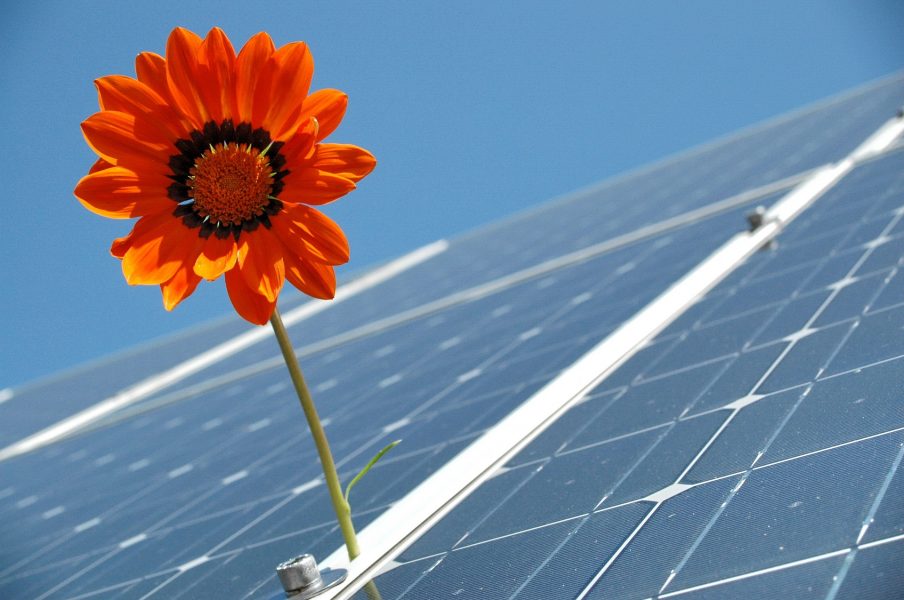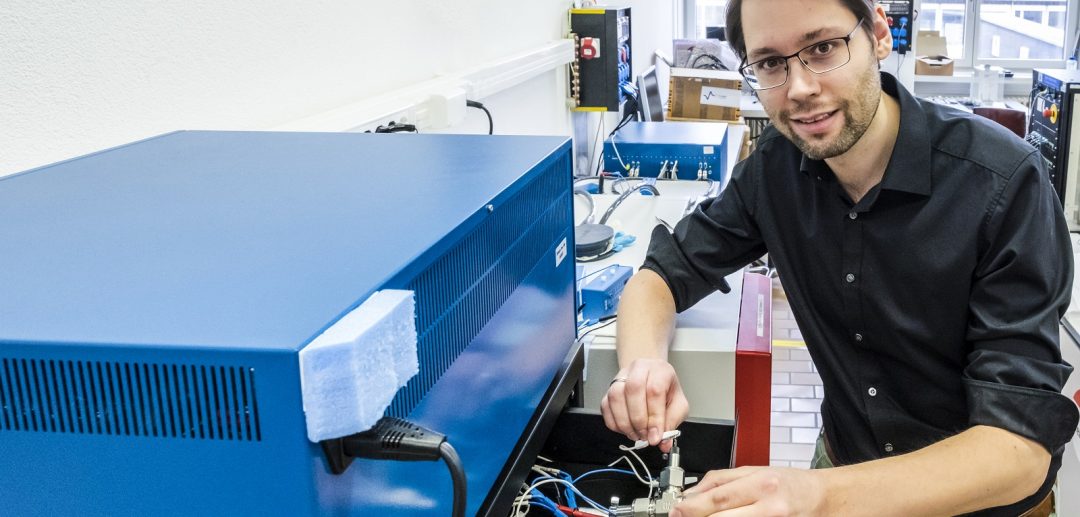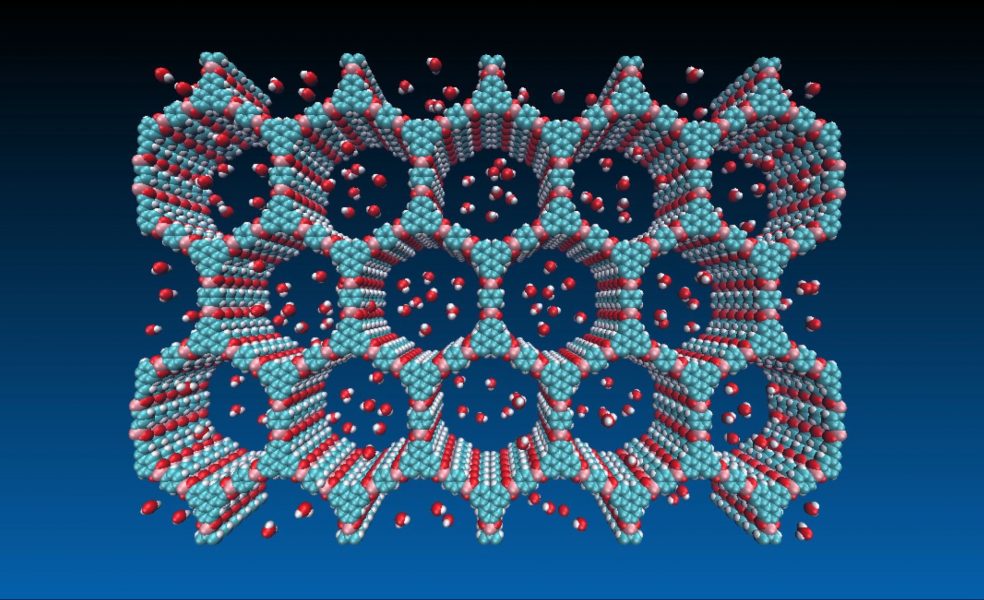An international review of the climate risks and adaptation responses for ports and their supply chains is presented in a review in WIREs Climate Change.


An international review of the climate risks and adaptation responses for ports and their supply chains is presented in a review in WIREs Climate Change.
Critical issues need to be addressed in the development of an economic biomass refinery in ILs media, which requires sustained effort of scientists and researchers to achieve a more sustainable society.

One of the most promising next-generation photovoltaic technologies is the Organo–lead halide perovskite solar cells. These solar cells have reached very high power conversion efficiencies (PCE) of more than 22% and in addition, their semiconducting perovskite layer...
![Thermoelectric Material for Carbon Dioxide Hydrogenation [Video]](https://www.advancedsciencenews.com/wp-content/uploads/2018/02/aenm201701430_ASN_image.png)
Researchers from Cranfield University and Queen Mary University of London report the use of a thermoelectric material as a catalyst support and promotor for carbon dioxide hydrogenation. Using a specially designed reactor chamber, they achieve simultaneous thermoelectric energy harvesting and catalysis.

Inexpensive and stable: Water could form the basis for future particularly inexpensive rechargeable batteries.

Chemists at the University of Bristol have made the first steps towards making sustainable petrol using beer as a key ingredient.

Improved control over synthesis process of iron catalysts leads to significantly increased number of reactive sites.
![High-Performance Hybrid Capacitors for Aqueous Electrochemical Energy Storage [Video]](https://www.advancedsciencenews.com/wp-content/uploads/2018/02/aenm201702895_ASN_image2.png)
Researchers from Korea Advanced Institute of Science and Technology (KAIST) introduce an aqueous electrochemical energy storage system based on a polyaniline/rGO anode and NiO/rGO cathode. The system demonstrates ultrafast charging of a flexible wearable kit and light-emitting diode.

Scientists from the USA and from the Kingdom of Saudi Arabia use DFT calculations for investigating the hydrolysis of boronate ester-linked COFs.

Repeatedly bringing a leaf into contact with a plastic sheet makes a useful electic current, which can be used to power various electronic devices.